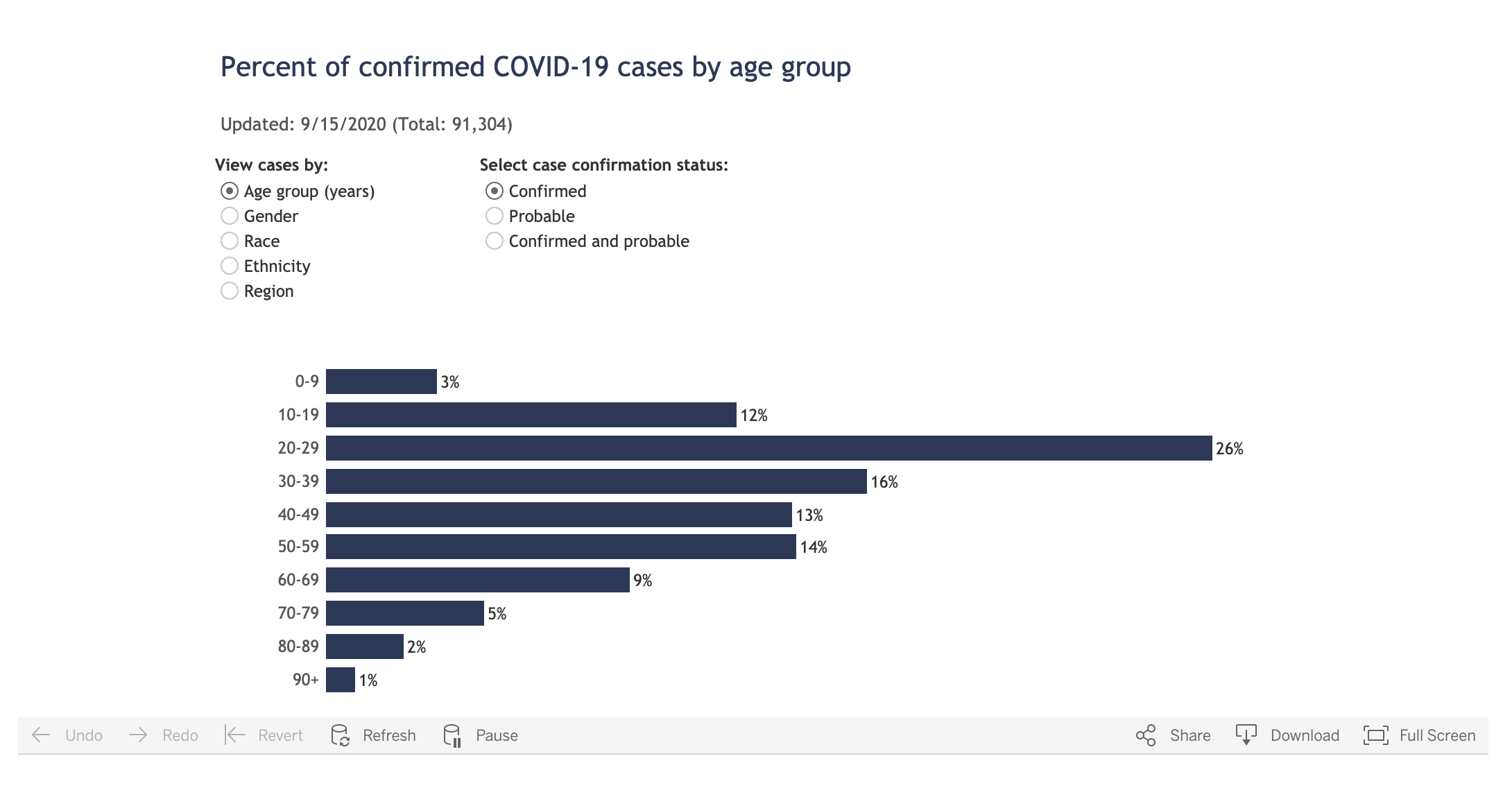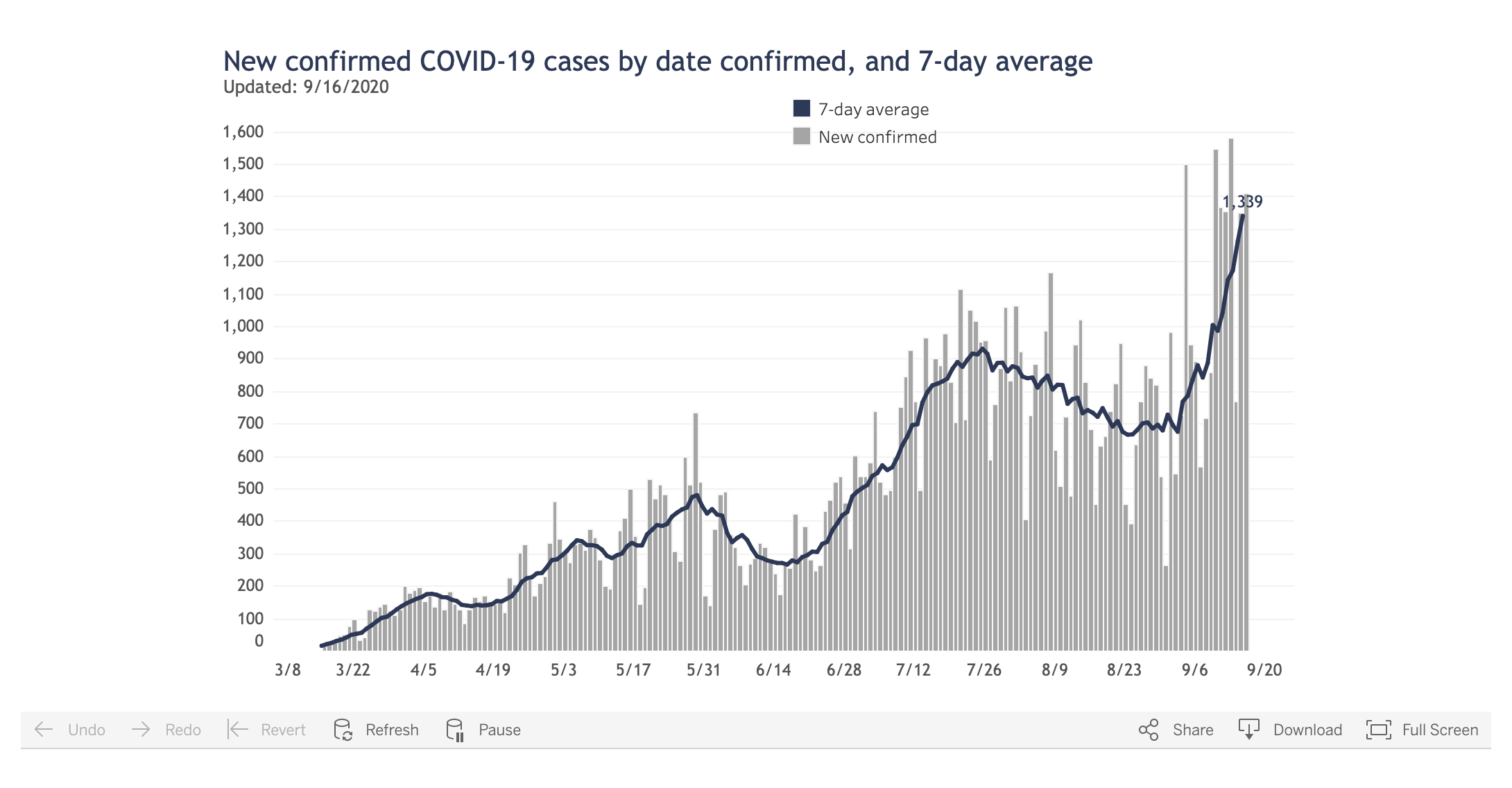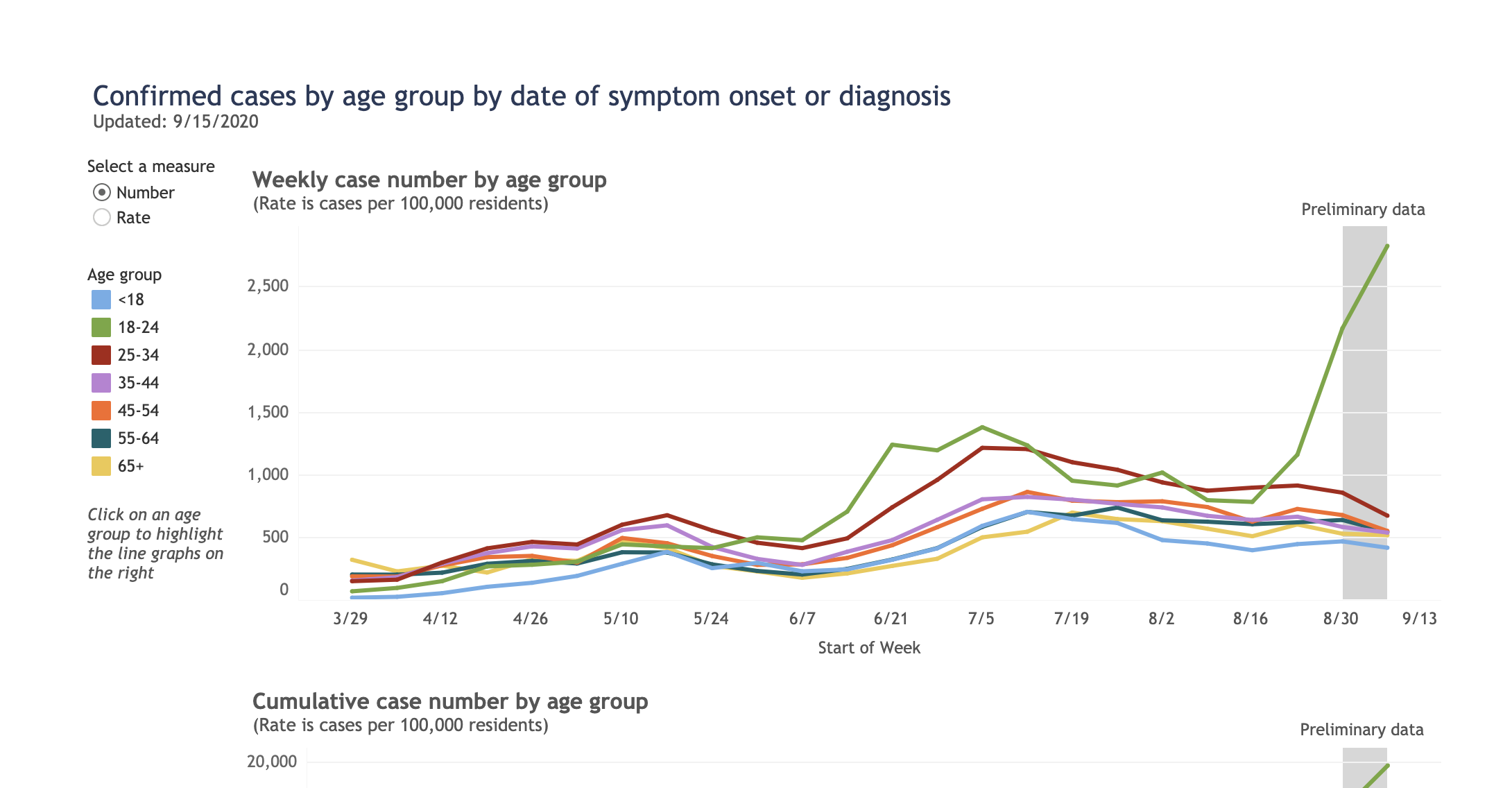APPLETON, Wis.— ThedaCare in Appleton is geared up — and able — to handle a spike in COVID-19 patients.
But it would rather not.
“The real success is never to have to use those things,” said Dr. Imran Andrabi, it’s president and chief executive officer. “What we want to do is to not have people end up in our hospital beds and ICUs. That would be the right way of taking care of the people in the communities.”

He and other health leaders — from the local to state levels — are imploring people this week to wear masks, wash hands, avoid large gatherings and keep adequate physical distances. It comes as Wisconsin sees an upward trend in the number of COVID-19 cases.
Wisconsin added 1,408 new cases Wednesday, bringing the total to 92,712 statewide, according to the Wisconsin Department of Health Services. Eight new deaths were reported. So far, 1,228 people have died.

Almost 1.3 million people have tested negative for the illness, which has a recovery rate of 87 percent.
Andrabi — who is empathetic with people who have been dealing with the pandemic for a long time — said now is the time for everyone to think about how they can help stop the recent trend.
“We need to really get the message out to our community members who have been, obviously, through this process for a long time that we need to rethink and see what we need to do different(ly) to be able to start changing the trajectory of this curve,” he said.
The fastest-growing group of infections is in young people. While the effects of the illness may not be as severe in this demographic, what happens here can serious implications for others.

“You can easily imagine a situation in which a young person feels fine but they have COVID-19 and they pass that on to a loved one in their family who may be at increased risk,” said Dr. John Raymond, president of the Medical College of Wisconsin. “Somebody who is obese, has cardiac disease or are over the age of 60.”
Andrabi said the virus and pandemic are very real, and so are the steps that can help slow the spread.
“We know from a scientific perspective that masking does help,” he said. “We also know that when we gather in large numbers, which is what we’re hearing from our public health officials — whether it’s weddings, funerals or other gatherings. That doesn’t help with respect to the spread.”


